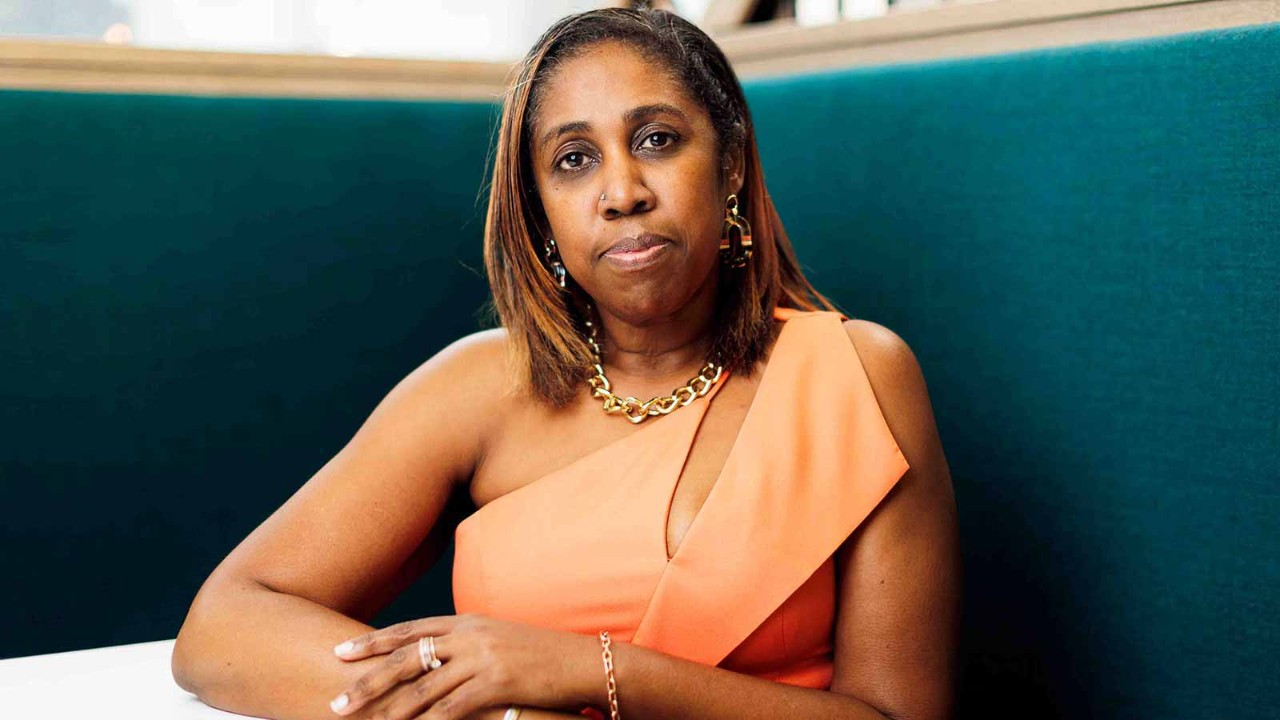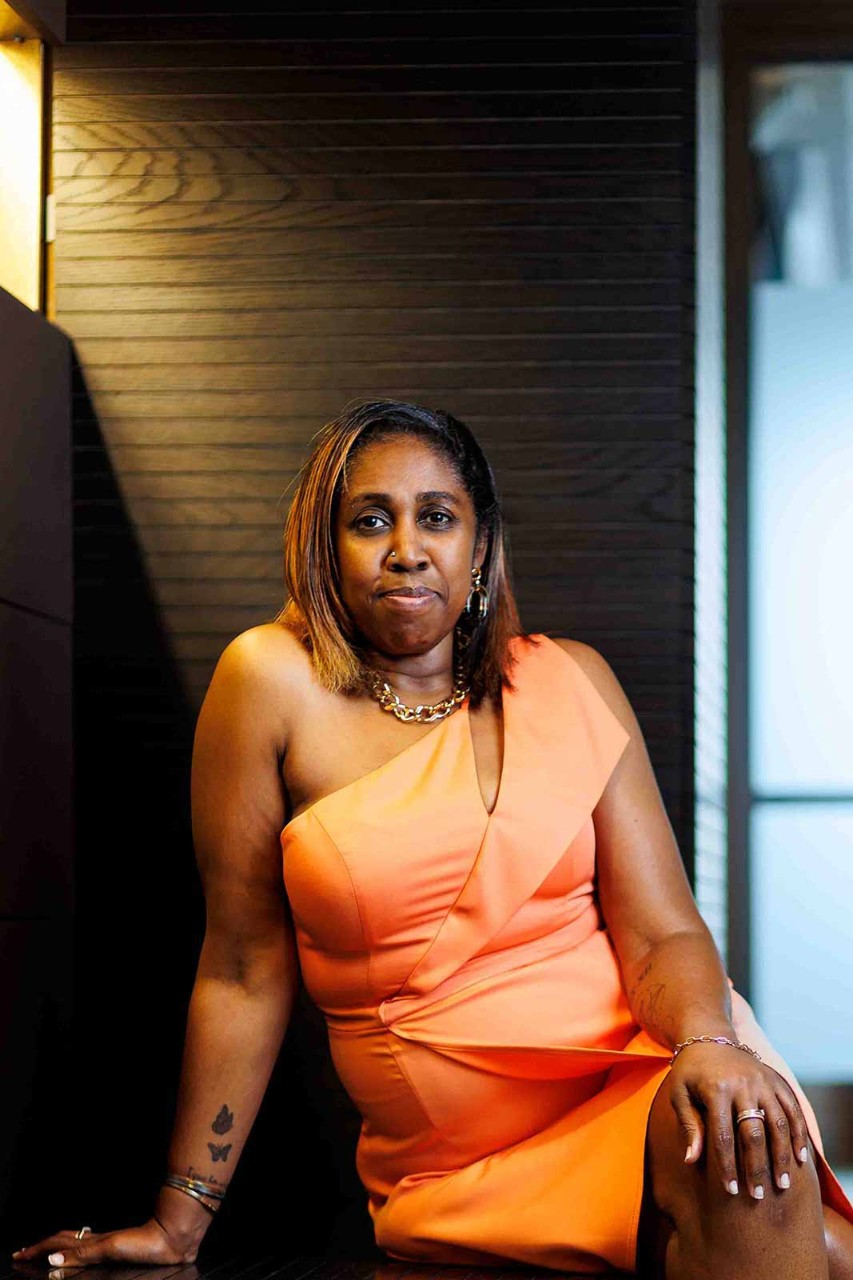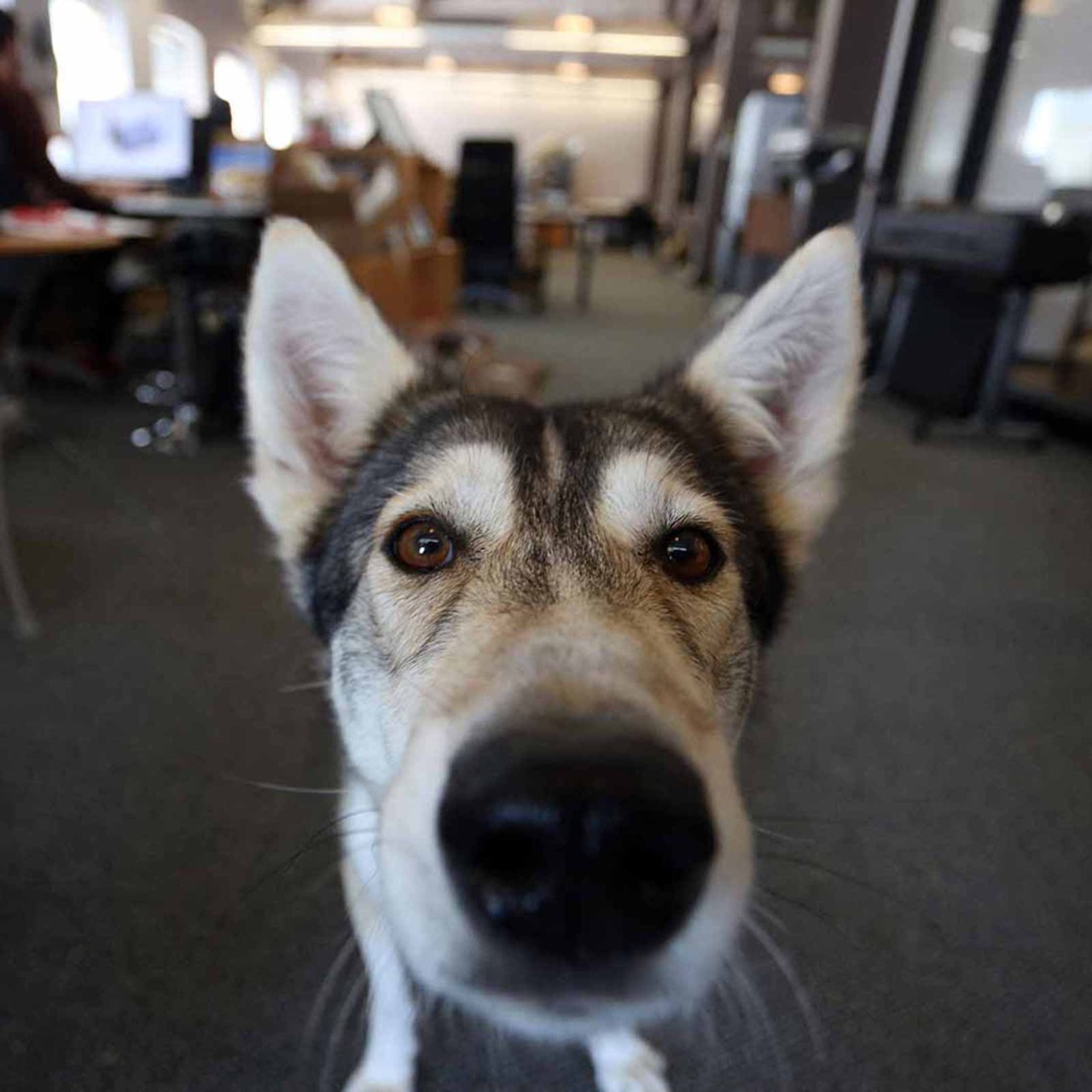
Finance, explains Roianne Nedd FCCA, has always punctuated her career. Right from when she was working in her father’s foreign exchange ‘cambio’ in Guyana up to the present day, numbers have always figured in her working world.
She is now global director of inclusion, diversity and belonging at international consultancy Oliver Wyman in the UK. It is a far cry from her first job in the country, which involved issuing court summonses and creating unique case numbers for civil claims, matching them with the relevant fee. It was, as she says, an odd form of double-entry bookkeeping.
‘One of my superpowers is to find ways to quantify the unquantifiable’
Building bridges
Born in Guyana, Nedd settled permanently in the UK at 18 after spending her childhood on both sides of the Atlantic. Having studied accountancy to A Level, and with an accountant as her father, she had been ‘playing with numbers’ from a very young age.
By the time she left the UK’s Ministry of Justice, in 2011, she was head of diversity innovations, performance and planning. She has always combined her passion for change management with financial forecasting. As senior diversity adviser for the charity Business in the Community, for example, her work included building bridges between the not-for-profit and corporate sectors.
‘If you don’t understand the way financial decisions are made in a business, you are doomed to fail’

‘In performance management, it is important to use numbers to tell a story, and to use data to justify the things that seem amorphous and unquantifiable,’ she says. ‘It is, if you like, one of my superpowers, to find ways to quantify the unquantifiable.’
It was a skill that came into its own during the 2010 economic downturn. ‘I watched a lot of diversity budgets get cut because many people hadn’t quantified why diversity was important to the business,’ she explains. ‘If you don’t understand the way financial decisions are made in a business and the way governance works, you are doomed to fail.’
Position of influence
Her current role at Oliver Wyman has a global remit, giving Nedd the opportunity to implement change around the world.
‘I can drive systemic change and influence the top of the organisation,’ she says. She contributes to the firm’s thought leadership and runs client events focusing on diversity issues. She has also developed a maturity assessment model that uses quantifiable data such as employee engagement survey results to help organisations benchmark and baseline where they are on diversity and inclusion (D&I).
‘Having a 100% increase in women on the board isn’t hard if you only had one to begin with’
CV
2019–present
Global director of inclusion, diversity and belonging, Oliver Wyman
2016–17
D&I adviser, Sodexo
2014–21
Founder and director, D&I, RoCaro Consulting
2011–15
Senior diversity adviser, Business in the Community
1999–2011
Head of diversity innovations, performance and planning, Ministry of Justice
But she warns that although data is ‘lovely’, it can be manipulated. ‘This is why the baseline is so important. Having a 100% increase in women on the board isn’t hard if you only had one to begin with.’
Nedd is proud of the rigour she needs to stay relevant and effective as an accountant, and would like to see the same cutting edge applied to D&I. ‘What qualifies me to do this work is not that I am a Black woman; it is the fact that I have trained in this topic and have professional expertise from my change management experience alongside a wider understanding of business.’
Behaviour change
Having spent the best part of two decades in diversity-related roles, Nedd has seen a great deal of change. ‘Societal changes are shifting business behaviours,’ she says. ‘And social media is having a huge impact.’
She admits that it is frustrating that it took the murder of George Floyd to make more businesses sit up and listen but acknowledges it has resulted in organisations such as her own being able to have a ‘global conversation’. She says: ‘It was a moment for everyone to have raw, unscripted conversations.’
But there is still work to do, which is why she has written a follow-up to her 2018 book The Trusted Black Girl. ‘People felt that things had improved significantly for Black women at work and that there was nothing left to do. They were wrong!’
Alone in the room
She adds: ‘A lot of Black women were given opportunities that hadn’t been previously open to them, not because of a lack of talent, but because of systemic bias. But then many found that they were the only Black woman in the room – what does that do to your psyche? If you are the only senior Black woman, it is difficult to access support networks because you are now mixing with people who do not necessarily understand the challenges you are dealing with.’
She believes the perspective of Black women can be applied to other groups, although she acknowledges it is not her right to talk about other people’s experiences. She does, though, urge people to listen to these experiences. ‘When people tell you their stories, listen and believe them. Then ask how you can help, and treat them in the way they want to be treated.’
Missed opportunity
Nedd is particularly vocal about the ‘missed opportunity’ of non-executive directors.
‘As accountants, we know that non-executive directors create the opportunity for more robust management. But what about the diversity of directorships?
‘A simple change would be to limit the number of non-executive positions an individual can hold. This would force public and private companies to look for a fresh perspective and remove biases. If I am biased and sit on five different boards, I take my bias to five different companies.’



